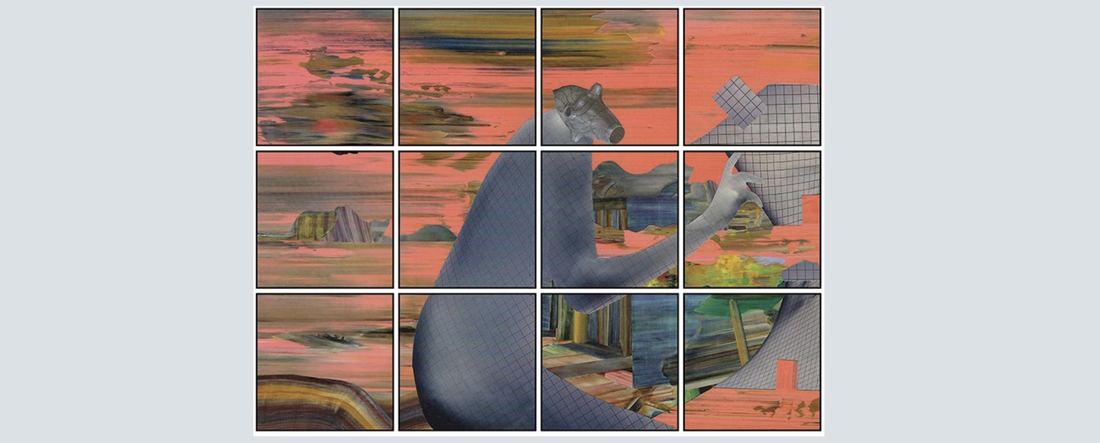Part one of two by guest writer, artist Melanie Reed, author of Whole Hearted Half Truths and Every Other Day.Art permeates our culture like a stubborn misunderstood child. Most people think about and talk about it only briefly in terms of whether or not it was either entertaining or deeply affecting. They get art recommendations from various sources, experience the art form for themselves, and finally "evaluate" it simply based on whether or not it made a positive impression for them on that occasion. While art can certainly be both entertaining and affecting, it can also be so much more. But few people are lucky enough to fully understand this. This happens for two reasons: 1) art language is more complex and nuanced than daily spoken and written language, given that it can be variously coded, intellectual, emotional, didactic, representational, evocative, open-ended, random or intentional and 2) unlike examining the efficacy of a daily spoken and written language, there are few proscribed social/cultural structures in place for examining art language. Together, these two factors create a limited art perception "divide" between art that is either simply entertaining and/or affecting and art that is simply inexplicable and therefore pointless, which then keeps the average art appreciator stuck in a set of limited subjective tastes that may never evolve, and reserves deeper and more objective arts analyses solely for other artists who are working in comparable fields. All this can be overcome if the average person is willing to do just enough thinking and reading to give them a reasonably adequate platform for evaluation. Here's one possible approach for examining just one piece of artwork or art experience: 1) Note the form [visual art, dance, theater, literature, music, film], keeping in mind the specific elements that that particular form is best at expressing. (some arts use dual or hybrid forms) 2) Identify the genre or style, keeping in mind the specific elements that that particular genre or style is best at expressing. (some arts use dual or hybrid genres). 3) Attempt to ascertain the artist's intent, ideally by researching the artist. 4) Determine how consistent the artwork is. Does the whole thing hold together as an entity, or are there missing parts, contradictory parts, or confusing parts? (Note: Confusion, contradiction and absence can sometimes be deliberate, so try to ascertain whether or not such things are part of the intent.) 5) Determine to what extent the artist succeeded in carrying out his intent. (Note: Even random art language has an intent.) 6) Determine how original the artwork is. Is the artist saying something new, or approaching an old thing in a new way? This may entail looking at similar works by comparable artists. During this process, there's no need to dismiss a subjective emotional response, but for a deeper awareness of the artwork: 1) put such a response to one side as you're evaluating the work, and 2) ask yourself what subjective elements in your own life might cause you to have this response. "How To Talk about Art and Why We Should Talk About It" is part of our exploration of Beauty in the Happiness Report Card 2024. Visit Melanie Reed's website to explore more now
0 Comments
|
We CarePosts written by the People of the Happiness Alliance & our Friends. Archives
March 2024
Categories |
Sign up for the Happiness Alliance Newsletter
THE HAPPINESS ALLIANCE IS A 501(c)3 NONPROFIT REGISTERED IN THE UNITED STATES
The Happiness Index is Copyright © 2014 by the Happiness Alliance

 RSS Feed
RSS Feed
